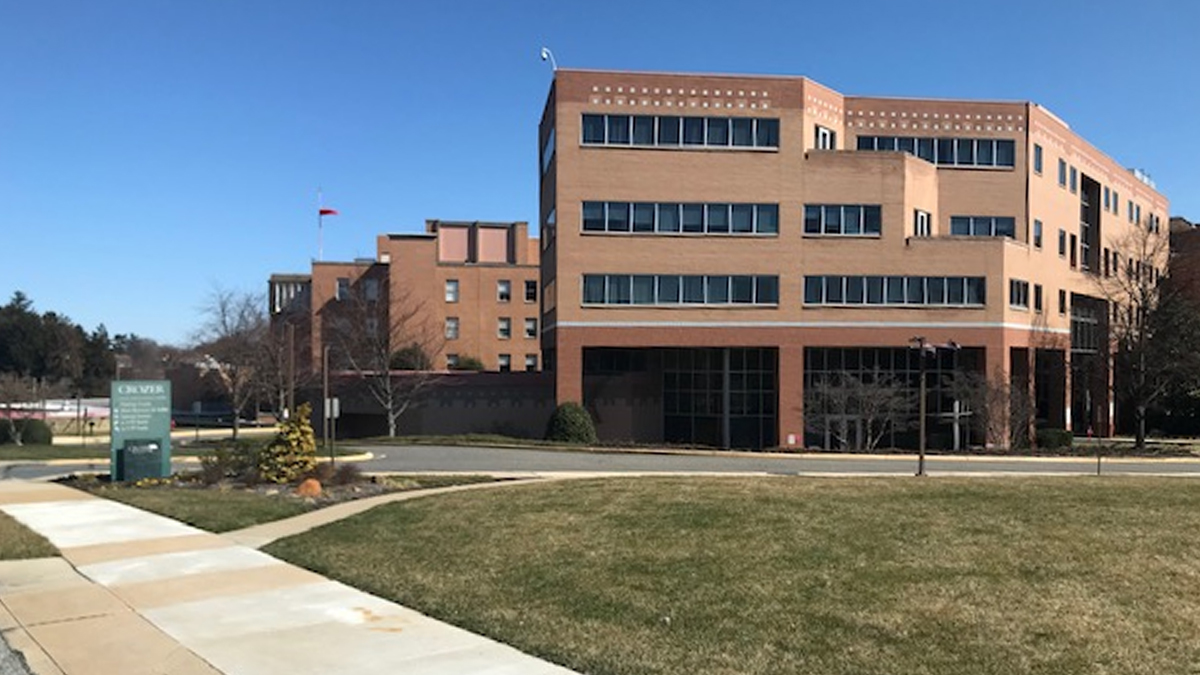Breaking: Crozer Health Shutters Doors, Massive Workforce Reduction Sends Shockwaves Through Healthcare Community

In a dramatic turn of events that will significantly impact the local healthcare landscape, Crozer Health's parent company has finally made the difficult decision to permanently close its medical facilities. The announcement signals the end of an era for two prominent hospitals: Crozer-Chester Medical Center and Taylor Hospital.
The closure will result in substantial job losses, with thousands of healthcare workers facing imminent layoffs. After weeks of intense negotiations and speculation, the company has confirmed its plans to shut down these long-standing medical institutions, leaving the community to grapple with the profound implications of this unexpected healthcare restructuring.
Local residents and healthcare professionals are now confronting the challenging reality of reduced medical services and the potential ripple effects on regional healthcare access. The decision underscores the ongoing challenges facing community hospitals in today's complex healthcare environment.
As details continue to emerge, affected employees and patients are seeking clarity about the transition and what this closure means for their future medical care and employment prospects.
